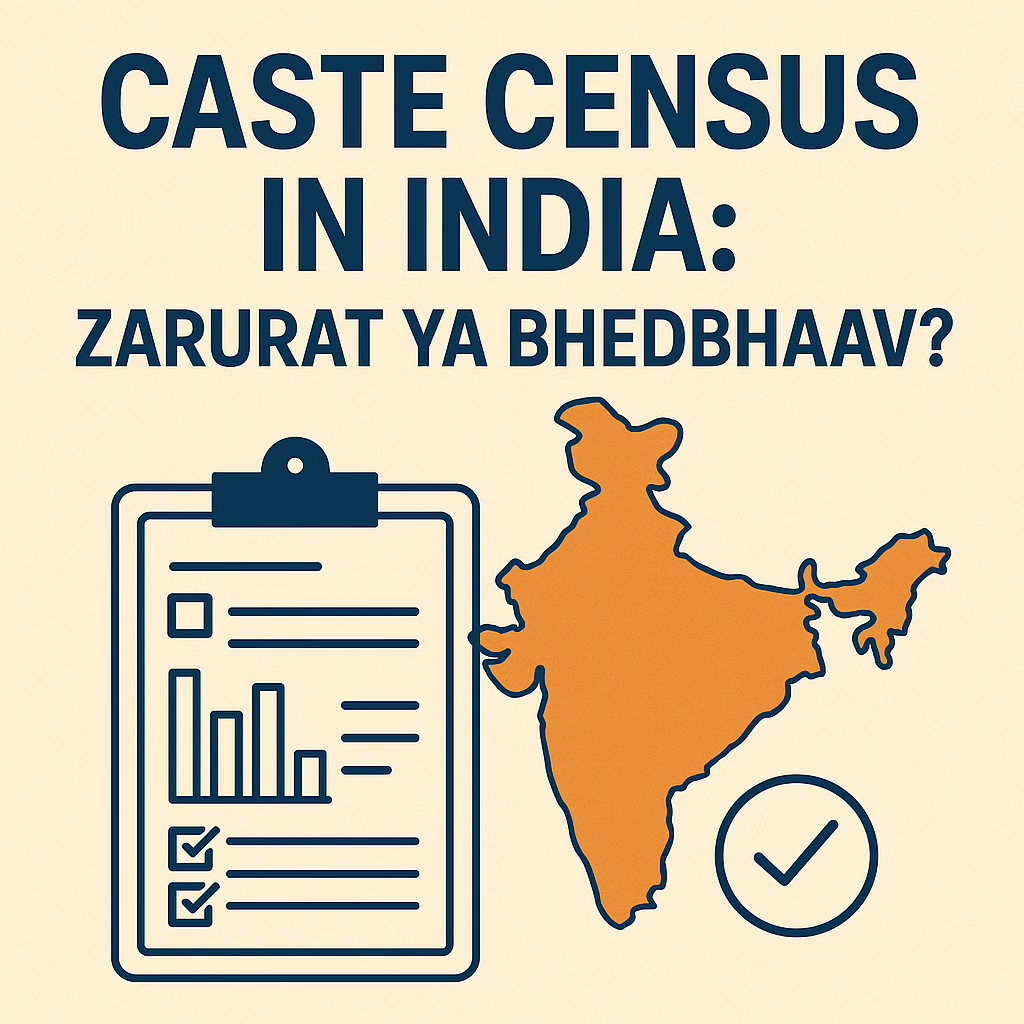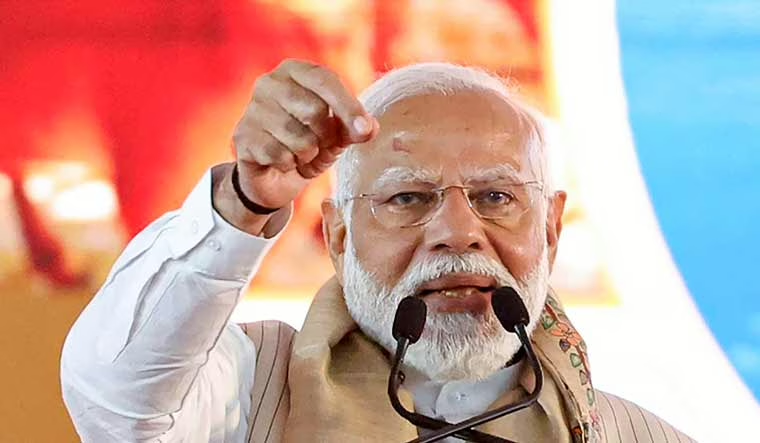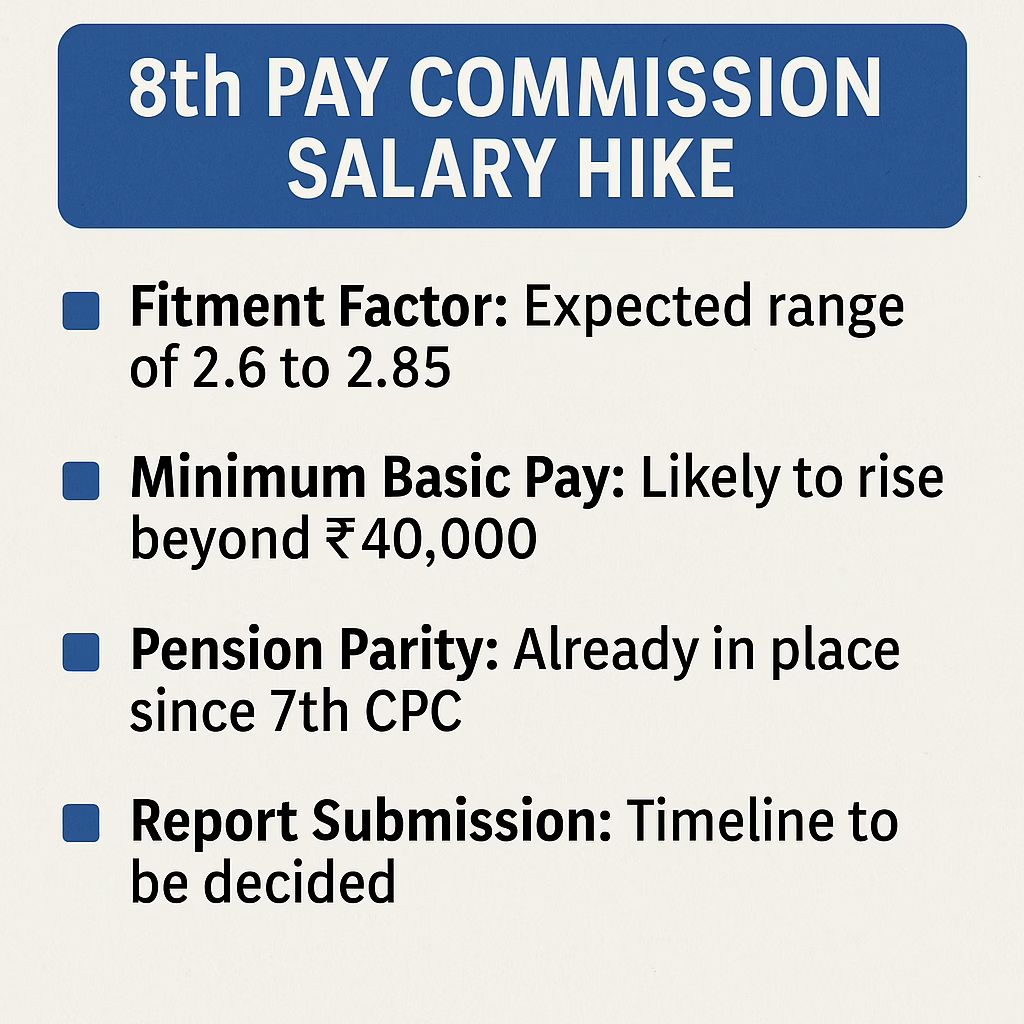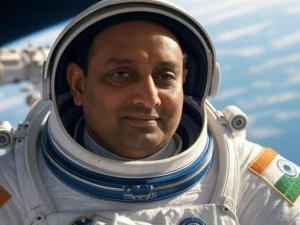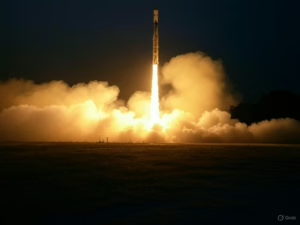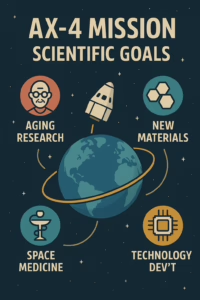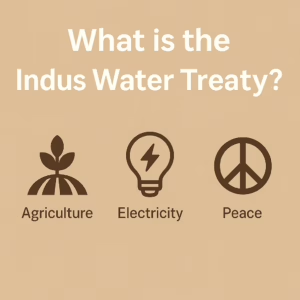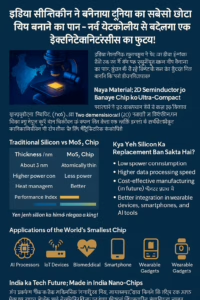U.S. Vice President JD Vance to Visit India on April 21, 2025: Trade Talks, Cultural Diplomacy, and Strategic Engagement in Focus
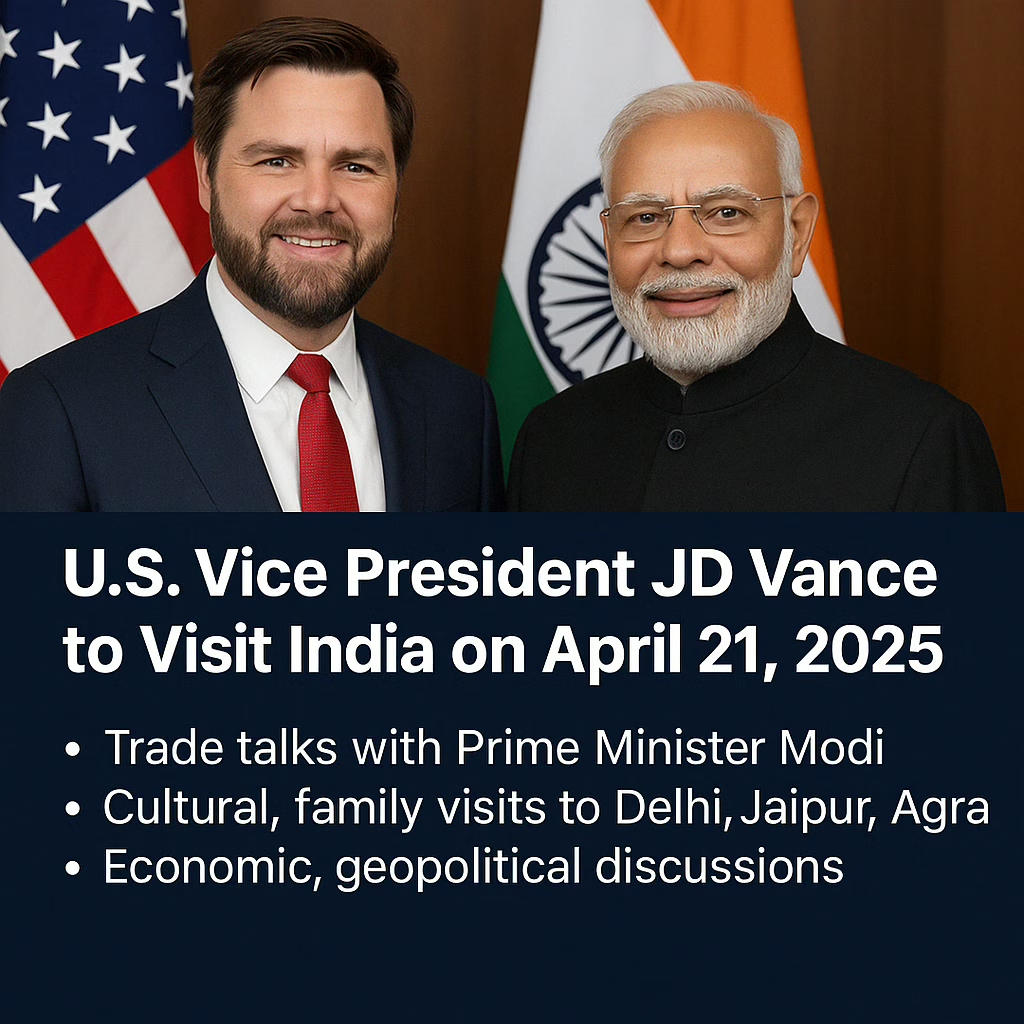
New Delhi, April 20, 2025 — U.S. Vice President JD Vance is set to arrive in New Delhi on April 21 for a four-day official visit to India, highlighting the growing significance of India-U.S. bilateral relations. This visit will include high-stakes trade negotiations, cultural exchanges, and strategic dialogues intended to deepen the Comprehensive Strategic Global Partnership between the two democracies.
Meeting with Prime Minister Modi: Spotlight on Trade and Tariffs
A pivotal part of Vice President Vance’s visit will be his meeting with Indian Prime Minister Narendra Modi on Monday evening. The two leaders are expected to hold extensive discussions on bilateral trade issues, tariff policies, and economic cooperation to enhance ties between the world’s two largest democracies.
A formal dinner hosted by PM Modi will follow the meeting, underscoring the ceremonial and diplomatic importance of the occasion. Trade negotiations will take center stage, with the U.S. seeking more favorable access to India’s growing market.
Trade and Geopolitical Priorities: Toward a Stronger Economic Alliance
The visit comes amid rising global economic tensions and evolving Indo-Pacific geopolitics. Both nations are working to build resilient supply chains and reduce dependence on China, particularly in semiconductors, critical minerals, and clean energy sectors.
Key trade issues expected to be discussed include:
-
Tariffs and Market Access: The U.S. is likely to push for lower tariffs on American exports such as soybeans, poultry, and medical devices. In return, India may seek greater access to U.S. markets for pharmaceuticals, textiles, and IT services.
-
Intellectual Property Rights: Concerns around India’s IP regime, especially in pharmaceuticals and software, may be addressed with the aim of harmonizing standards.
-
Digital Trade and Data Policies: The U.S. has raised objections to India’s data localization policies and evolving e-commerce regulations that impact American tech giants.
-
Geopolitical Alignment: Given shared interests in countering China’s influence, the discussions may also reference collaborative efforts under the Quad and Indo-Pacific Economic Framework (IPEF).
Though a full-fledged India-U.S. trade agreement is unlikely to materialize during this trip, both sides may commit to a joint statement or roadmap for future negotiations, paving the way for incremental trade agreements and sector-specific cooperation.
Cultural and Family Connections: A Personal Dimension to Diplomacy
Vice President Vance will be accompanied by his wife Usha Vance, of Indian origin, and their three children. The family plans to visit key cultural and historical landmarks, including Swaminarayan Akshardham temple in Delhi, and make trips to Jaipur and Agra, offering their children a chance to explore their maternal Indian heritage.
This personal aspect of the trip adds a human dimension to the high-level diplomatic mission and reinforces the shared values and cultural ties that underpin the India-U.S. relationship.
Global Diplomatic Engagement: Following His Vatican Visit
Vance’s India visit follows his recent engagement at the Vatican, where he met Pope Francis and other senior officials. This pattern underscores the Vice President’s increasing involvement in international diplomacy and the Biden-Trump administration’s (as Vance serves under Trump) focus on strengthening U.S. partnerships across strategic global regions.
Looking Ahead: Strengthening a Vital Global Partnership
As global challenges from climate change to digital transformation reshape international relations, the India-U.S. partnership is expected to play a central role in shaping future policies and global governance frameworks.
While concrete outcomes from this visit may be limited to frameworks and dialogue extensions, the momentum signals a clear intention: both nations are committed to deepening their economic, cultural, and strategic ties in a changing world.
